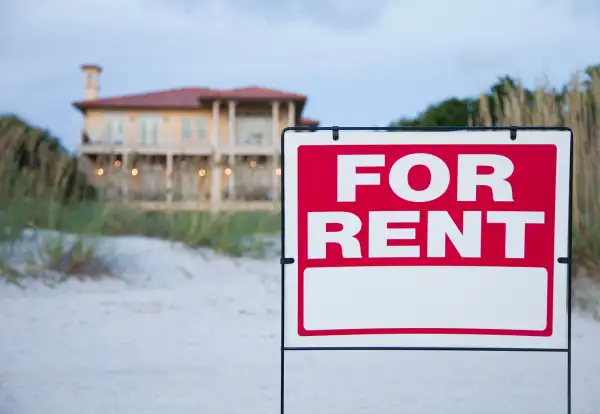How to Retire Without a Mortgage

For many individuals, their house represents one of the largest assets in their portfolio. Yet hanging on to a home in retirement, especially one still requiring mortgage payments, may drain your budget.
Planning for your future mortgage expenses today can go a long way toward securing your retirement income stream tomorrow. To help reach your goals, here are a few tips that some of my clients have successfully implemented for achieving a mortgage-free retirement:
Scale Down
It’s common for many couples to downsize in retirement by moving to a smaller, lower-priced home. This can make sense when children are out of the house and a multi-storied structure with many stairs may no longer be practical. But how do you know if downsizing is right for you?
Financially, downsizing can provide flexibility in a variety of ways. In some cases, the equity built up in your current home may be sufficient enough to purchase a smaller home outright with no mortgage. In other cases, by scaling back to a more economical home, you most likely are reducing your mortgage payment; the difference in savings could be used to pad your retirement nest egg — or to pay off a remaining balance at a faster pace. In many cases, the financial benefits will outweigh the emotional component of moving to a new home in retirement, and this might be the best choice for you.
Refinance and Fund Your Mortgage Early
The primary reason many people refinance is to reduce the interest rate on their current mortgage to lower their monthly payment. However, to reduce the total amount paid over the life of your mortgage, you could also consider shortening the length of your loan from the standard 30-year mortgage.
I recently met with a 50-year-old client who plans on retiring at 65. To help her reach her retirement destination, she refinanced from a 30-year to a 15-year mortgage. While her monthly mortgage payment increased slightly, ultimately she found that she would save tens of thousands of dollars in interest payments over the life of her loan, thanks to a lower interest rate and a shorter payback period. To see how refinancing could work for you, use an online mortgage-refinancing calculator to estimate what your savings might be.
Another way to pay off your mortgage earlier, if you are financially able, is to make a monthly payment that is greater than your monthly mortgage minimum. If you happen to come into good fortune or experience an increase in salary, you can elect to make additional payments toward your principal. Different mortgage calculators can help you to see how the savings stack up.
Rent
Owning a home appeals to people of all ages. Among respondents to a Voya survey conducted earlier this year, 79% of retirees said they owned their current home. Of those who had not yet retired, 85% said they planned to own their own home in retirement.
While the goal of homeownership is a common theme, renting might be a more cost-effective choice for some. Renting can offer the flexibility to experience a new location or lifestyle without a long-term commitment. Rather than going all-in by buying a home, you could also look to rent for a short time as you test out a new area. If you’re a snowbird, perhaps you’ll rent for half the year near the beach and the other half in the mountains. Or maybe you would like to test out an apartment that has only one floor and comes with amenities.
Depending on your situation, selling your home and cashing out the equity may provide you with the financial flexibility and extra savings to live out your retirement to its fullest. Some retirees might plan to travel the world and spend most of their days on the road, making rental properties a viable option. Other retirees may prefer that maintenance and repair costs be their landlord’s problem.
No matter your ultimate decision, when working toward a mortgage-free retirement, effective planning is necessary for your goals to become a reality. By properly laying a foundation for your retirement plans today, you give yourself an opportunity to secure a financial future for tomorrow.
Joe O’Boyle is a financial adviser and retirement coach with Voya Financial Advisors. Based in Beverly Hills, Calif., O’Boyle provides personalized, full service financial and retirement planning to individual and corporate clients. O'Boyle focuses on the entertainment, legal and medical industries, with a particular interest in educating Gen Xers and Millennials about the benefits of early retirement planning.